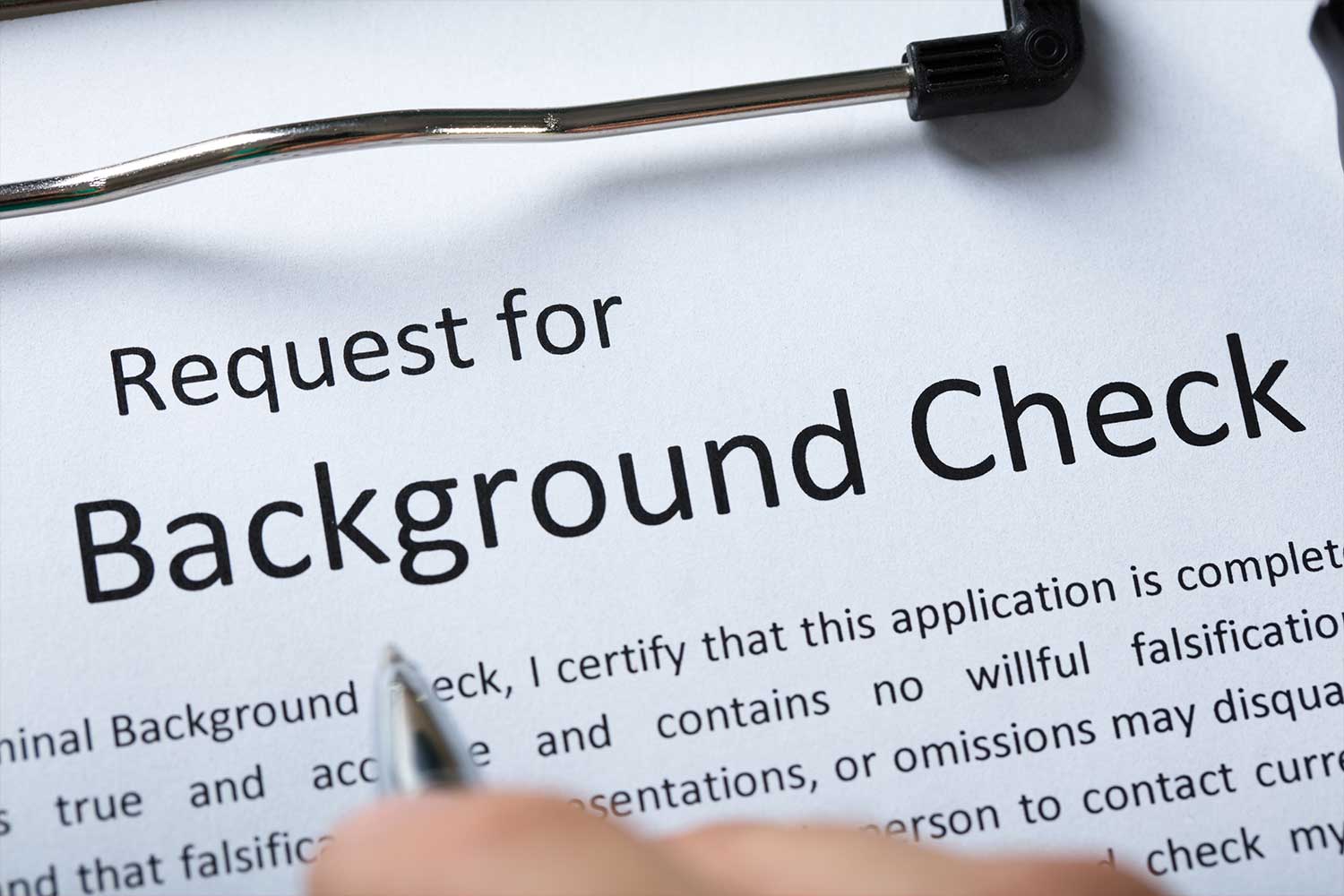Historically, it has not been uncommon for risk-averse employers to adopt policies prohibiting the hiring of applicants with a criminal history.
Given that one in seven Americans has some sort of criminal history, numerous states and local jurisdictions are passing legislation that makes it more likely employers will consider these applicants.
Increased employment opportunities have been shown to reduce the likelihood of recurring offenses for workers with a criminal record, and help these individuals re-integrate into our communities.
Key to these legislative efforts are “Ban the Box” laws, which generally prohibit employers from inquiring about criminal history on the employment application.
Nine states and more than 15 cities have adopted Ban the Box laws that apply to private sector employers, with many more jurisdictions applying these laws to government contractors.
California jumped on the Ban the Box bandwagon with Assembly Bill 1008, effective January 1, 2018.
Modeled after the City of Los Angeles’ Fair Chance Ordinance, this new California law prohibits employers with five or more employees from inquiring about criminal history until a conditional offer has been made.
Ban the Box laws don’t prohibit employers from considering criminal history, but rather create a process establishing the timing of when the criminal history can be considered.
There are limited exclusions under California’s Ban the Box law, including for positions where an existing law requires criminal background clearance.
Under the California Ban the Box law, an employer must make an individualized assessment of whether an applicant’s criminal history is acceptable or not.
It also outlines a process by which the applicant can dispute the accuracy of the criminal history, and provide evidence of rehabilitation or mitigating circumstances for the employer to consider.
Employers are required to provide notice of their decision, and grant an opportunity for the applicant to respond, before making the decision final.
While the Ban the Box law is a recent addition in some states, the requirement that employers conduct an individualized assessment of applicants with criminal histories is not.
In 2012, the federal Equal Employment Opportunity Commission (EEOC) adopted Enforcement Guidance for employers considering denying employment based on criminal records.
These guidelines were founded on studies which demonstrate that criminal record databases are inaccurate or incomplete, and that using criminal history as a basis to deny employment creates the potential for disparate impact of individuals based on factors such as race, which is unlawful under Title VII of the Civil Rights Act.
The EEOC guidance lays out a process for employers to conduct an individualized assessment of whether, based on the job, there is a business necessity to exclude an applicant with a particular criminal conviction, which includes a review of the nature and gravity of the offence, the time that has passed since the conviction or completion of the sentence, and the nature of the job sought.
Many states, including California, have similar regulations or guidance on this issue, including laws that limit an employer’s ability to use certain types of criminal records, such as arrest records, juvenile records, or certain low-level marijuana convictions.
Additionally, the Fair Credit Report Act (FCRA) and similar state laws, require employers to obtain written permission to search the criminal records history of employees and applicants, and to follow additional notice procedures if a criminal record is being used to deny employment.
When it comes to criminal background checks and Ban the Box laws, the key takeaway for employers is to review all laws applicable to their workers’ in the jurisdiction in which they work, and to create checklists and standardized forms to ensure compliance.





